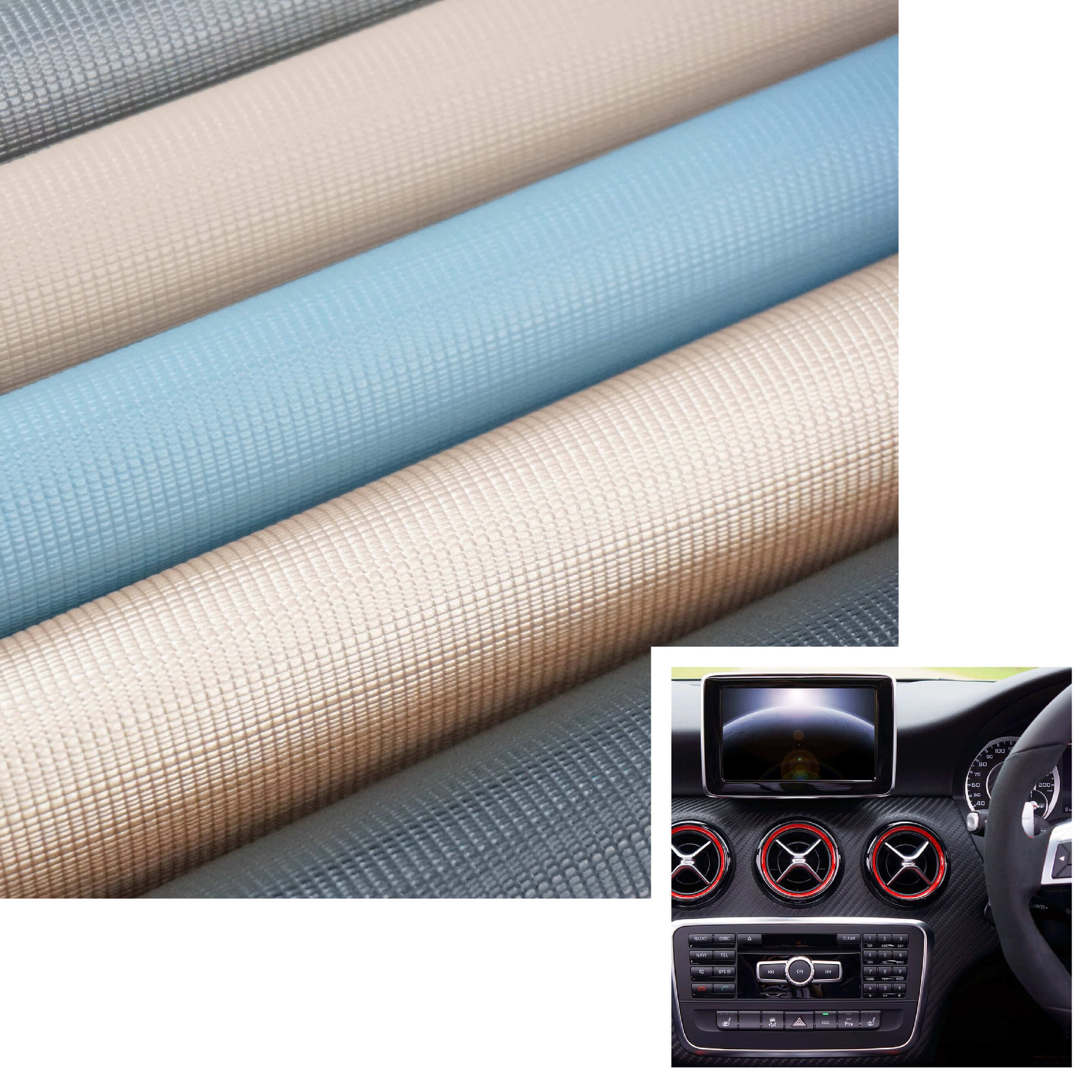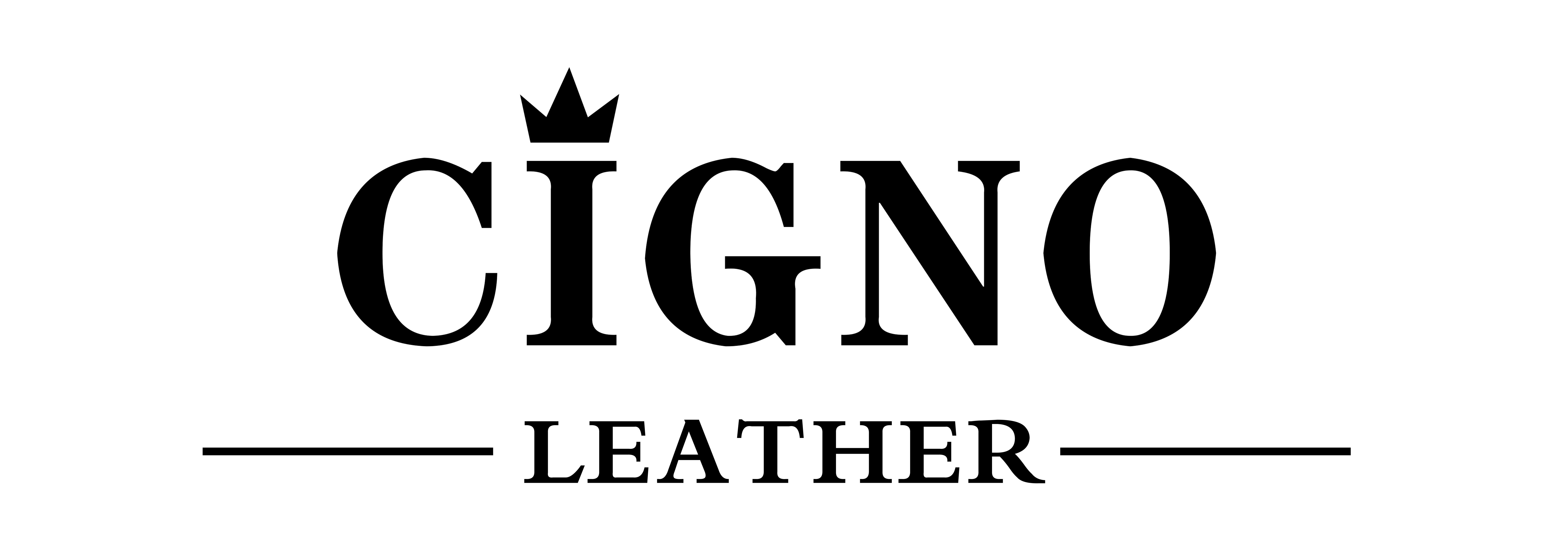Email format error
Email cannot be empty
Email already exists
6-20 characters(letters plus numbers only)
The password is inconsistent
Email format error
Email cannot be empty
Email does not exist
6-20 characters(letters plus numbers only)
The password is inconsistent

News

Artificial Leather Manufacturers in China: A Comprehensive Guide
Artificial leather, also known as faux leather or synthetic leather, has become an essential material in various industries, from fashion to automotive. China stands as a global leader in the production and supply of artificial leather, offering diverse options in terms of quality, texture, and price. This blog delves into the world of artificial leather manufacturers in China, exploring their significance, key players, and what makes them stand out in the international market.
The Rise of Artificial Leather
Artificial leather has gained immense popularity due to its versatility, cost-effectiveness, and ethical appeal. Unlike genuine leather, which involves animal hides, artificial leather is made from synthetic materials, making it an eco-friendly and cruelty-free alternative. This shift towards sustainable and ethical products has driven the demand for artificial leather across various sectors.
Why Choose Artificial Leather?
1. Cost-Effectiveness: Artificial leather is significantly cheaper than genuine leather, making it a preferred choice for budget-conscious consumers and manufacturers.
2. Versatility: Available in a wide range of colors, textures, and finishes, artificial leather can mimic the look and feel of real leather while offering customization options.
3. Durability: High-quality artificial leather is resistant to wear and tear, making it suitable for products that endure frequent use.
4. Ethical Production: By opting for artificial leather, companies can align with the growing consumer demand for cruelty-free and sustainable products.
The Significance of China in the Artificial Leather Industry
China plays a pivotal role in the global artificial leather market. The country's vast manufacturing capabilities, coupled with technological advancements, have positioned it as a top producer and exporter of artificial leather. The combination of low production costs and high-quality output makes China an attractive hub for sourcing artificial leather.
Key Regions for Artificial Leather Production in China
1. Zhejiang Province
Zhejiang Province, particularly the city of Wenzhou, is renowned for its robust artificial leather industry. This region is home to numerous manufacturers specializing in various types of synthetic leather, including PVC and PU leather. The proximity to major ports facilitates easy export, further enhancing its appeal to international buyers.
2. Guangdong Province
Guangdong Province, with cities like Guangzhou and Dongguan, is another significant player in the artificial leather market. Known for its advanced manufacturing techniques and state-of-the-art facilities, Guangdong produces high-quality artificial leather used in fashion, furniture, and automotive industries.
3. Jiangsu Province
Jiangsu Province, particularly the city of Nanjing, is known for its innovative approaches in artificial leather production. The region emphasizes sustainable manufacturing practices, producing eco-friendly and biodegradable synthetic leather.
Leading Artificial Leather Manufacturers in China
Wenzhou Yashi Artificial Leather Co., Ltd.
Overview: Based in Wenzhou, Wenzhou Yashi Artificial Leather Co., Ltd. is a leading manufacturer specializing in PU leather. The company prides itself on its extensive product range and commitment to quality.
Products: Their offerings include PU leather for garments, bags, shoes, and upholstery.
Key Strengths: Advanced production techniques, rigorous quality control, and a focus on sustainability.
Guangzhou Yongle Artificial Leather Co., Ltd.
Overview: Located in Guangzhou, Guangzhou Yongle Artificial Leather Co., Ltd. is known for its innovative products and high production standards. The company caters to both domestic and international markets.
Products: The product range includes PU and PVC leather for various applications, including automotive interiors, furniture, and fashion accessories.
Key Strengths: Innovation, high-quality standards, and a broad international customer base.
Nanjing Ronghua Leather Co., Ltd.
Overview: Nanjing Ronghua Leather Co., Ltd., based in Nanjing, is a prominent name in the artificial leather industry, recognized for its sustainable manufacturing practices.
Products: Their product line features eco-friendly PU leather, biodegradable synthetic leather, and custom-designed materials.
Key Strengths: Commitment to sustainability, cutting-edge technology, and a focus on eco-friendly products.
The Manufacturing Process of Artificial Leather
The production of artificial leather involves several key steps, each crucial in determining the final product's quality and characteristics.
Raw Material Selection
The process begins with the selection of raw materials, typically polyurethane (PU) or polyvinyl chloride (PVC). These materials are chosen based on the desired properties of the final product.
Coating and Laminating
The selected materials undergo a coating and laminating process. A fabric base is coated with a plastic layer, which is then embossed with a leather-like texture. This step is essential for achieving the desired appearance and feel of the artificial leather.
Finishing
In the finishing stage, the artificial leather is treated with various chemicals to enhance its durability, color, and texture. This stage also includes quality control measures to ensure the final product meets industry standards.
Cutting and Shaping
The finished artificial leather is cut and shaped according to the specifications required for its intended use. This may involve cutting it into sheets or specific patterns for garments, upholstery, or other products.
Quality Control in Artificial Leather Production
Quality control is a critical aspect of artificial leather production. Leading manufacturers in China employ rigorous quality control measures to ensure their products meet international standards. These measures include:
1. Material Testing: Regular testing of raw materials to ensure they meet the required specifications.
2. Process Monitoring: Continuous monitoring of the production process to identify and rectify any deviations.
3. Finished Product Inspection: Thorough inspection of the final product for defects, consistency, and quality.
Challenges Faced by Artificial Leather Manufacturers in China
Despite the many advantages, artificial leather manufacturers in China face several challenges:
Environmental Concerns
The production of artificial leather involves the use of chemicals and synthetic materials, which can have environmental impacts. Manufacturers are increasingly adopting eco-friendly practices to mitigate these effects.
Competition
The artificial leather market is highly competitive, with numerous players vying for market share. To stay ahead, manufacturers must continually innovate and improve their products.
Regulatory Compliance
Manufacturers must comply with various national and international regulations regarding the use of chemicals and production processes. Ensuring compliance can be challenging but is essential for maintaining market access.
The Future of Artificial Leather in China
The future looks promising for artificial leather manufacturers in China. Several trends are likely to shape the industry in the coming years:
Sustainable Manufacturing
There is a growing emphasis on sustainable manufacturing practices. Manufacturers are investing in research and development to create eco-friendly artificial leather that meets the demand for sustainable products.
Technological Advancements
Advancements in technology are set to revolutionize artificial leather production. From improved materials to more efficient manufacturing processes, technology will play a crucial role in enhancing product quality and reducing costs.
Expansion into New Markets
Chinese manufacturers are increasingly exploring new markets, both domestically and internationally. The growing demand for artificial leather in emerging markets presents significant opportunities for expansion.
Conclusion
Artificial leather manufacturers in China are at the forefront of an industry that is both dynamic and rapidly evolving. With their extensive capabilities, commitment to quality, and focus on sustainability, these manufacturers are well-positioned to meet the growing global demand for artificial leather. Whether you are in the fashion, automotive, or furniture industry, sourcing artificial leather from China offers numerous advantages in terms of cost, quality, and innovation.
By understanding the key players, manufacturing processes, and trends shaping the artificial leather industry in China, businesses can make informed decisions and leverage the strengths of this vibrant market. As the demand for sustainable and ethical products continues to rise, artificial leather manufacturers in China are poised to lead the way, providing high-quality alternatives that cater to a wide range of applications and industries.

